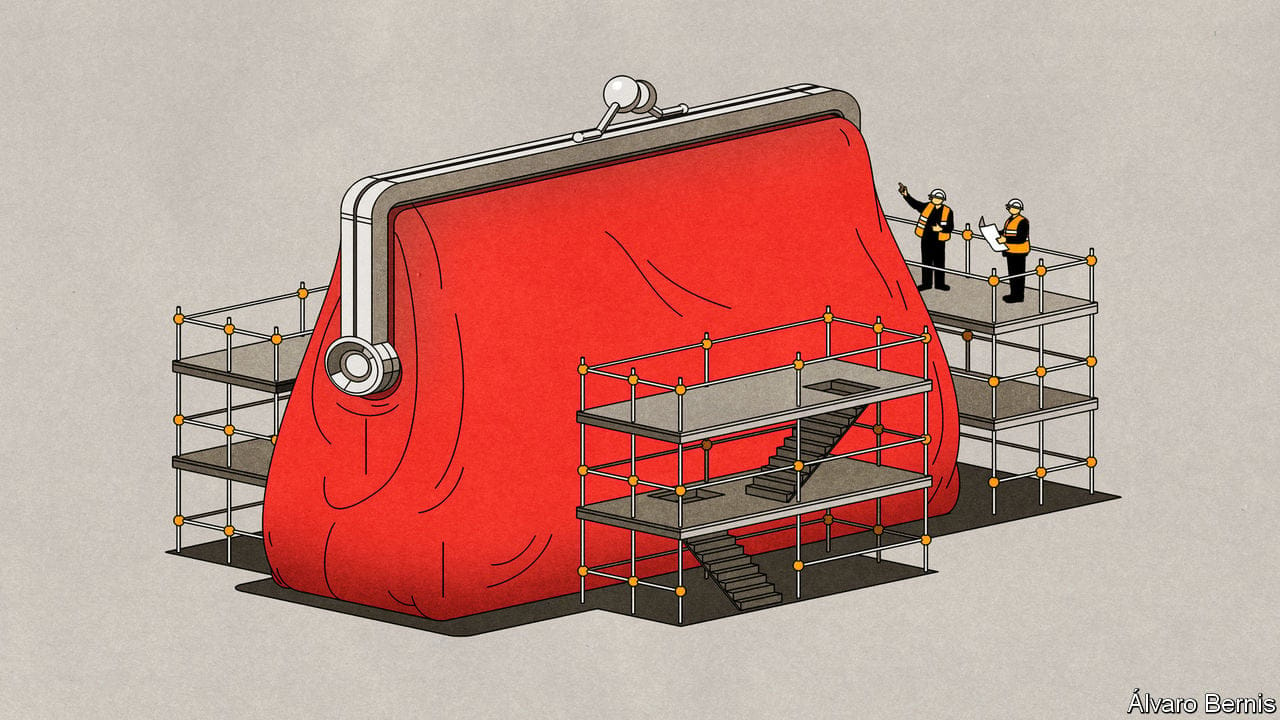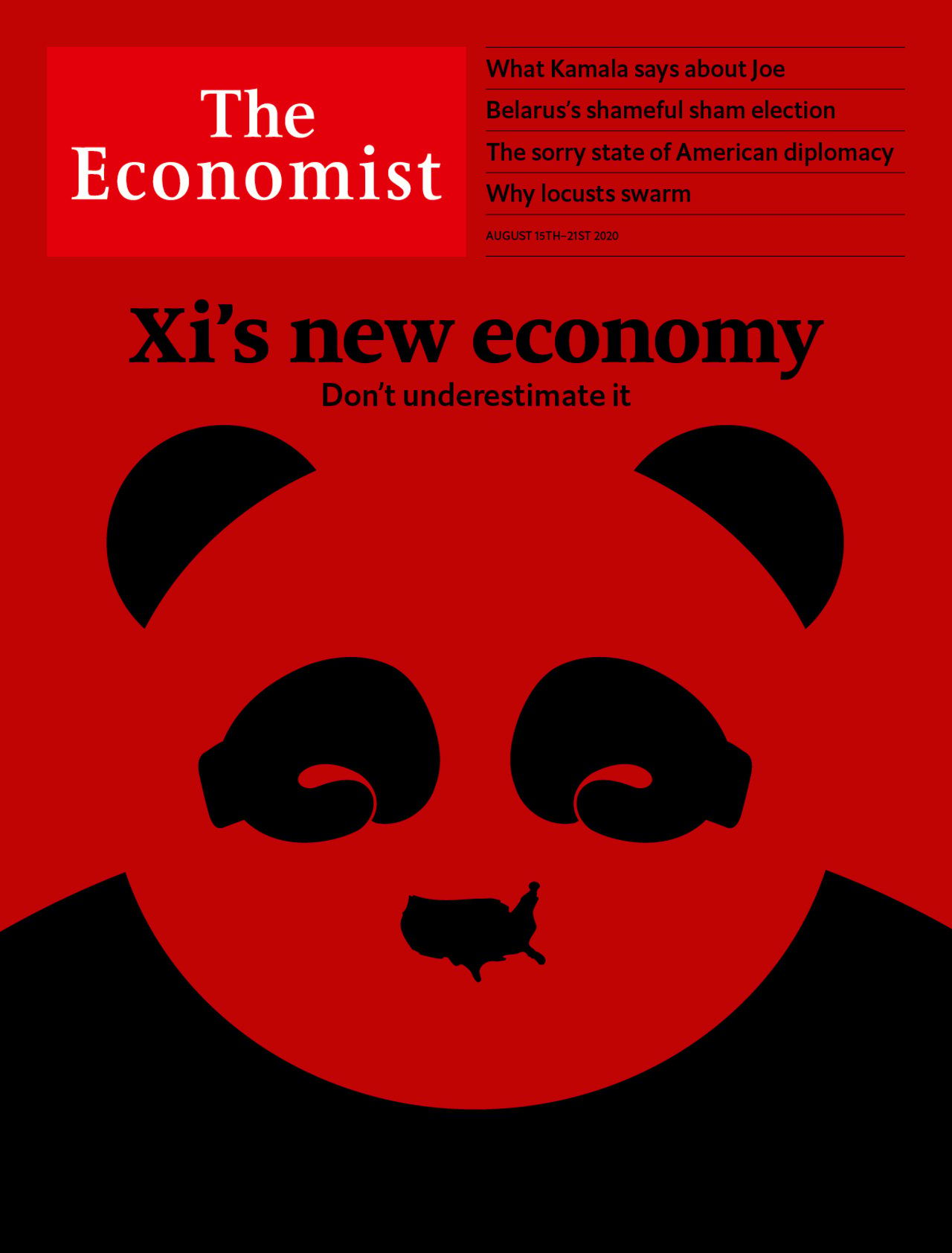What harm do minimum wages do?
Three decades of research have led to a rethink

FOR A LONG TIME economists—whose median income, according to a survey of the American Economic Association (AEA), is $104,000 a year—considered minimum wages to be harmful. A survey of AEA members in 1992 found that 79% of respondents agreed that a minimum wage increases unemployment among young and low-skilled workers. In an often fractious field, that is about as close to a consensus view as can be found. Although many economists recognised that low pay can indeed be a real problem, they argued that no pay was worse.
This article appeared in the Schools brief section of the print edition under the headline “What harm do minimum wages do?”
More from Schools brief

LLMs will transform medicine, media and more
But not without a helping (human) hand

How AI models are getting smarter
Deep neural networks are learning diffusion and other tricks

The race is on to control the global supply chain for AI chips
The focus is no longer just on faster chips, but on more chips clustered together
AI firms will soon exhaust most of the internet’s data
Can they create more?
A short history of AI
In the first of six weekly briefs, we ask how AI overcame decades of underdelivering
Finding living planets
Life evolves on planets. And planets with life evolve
